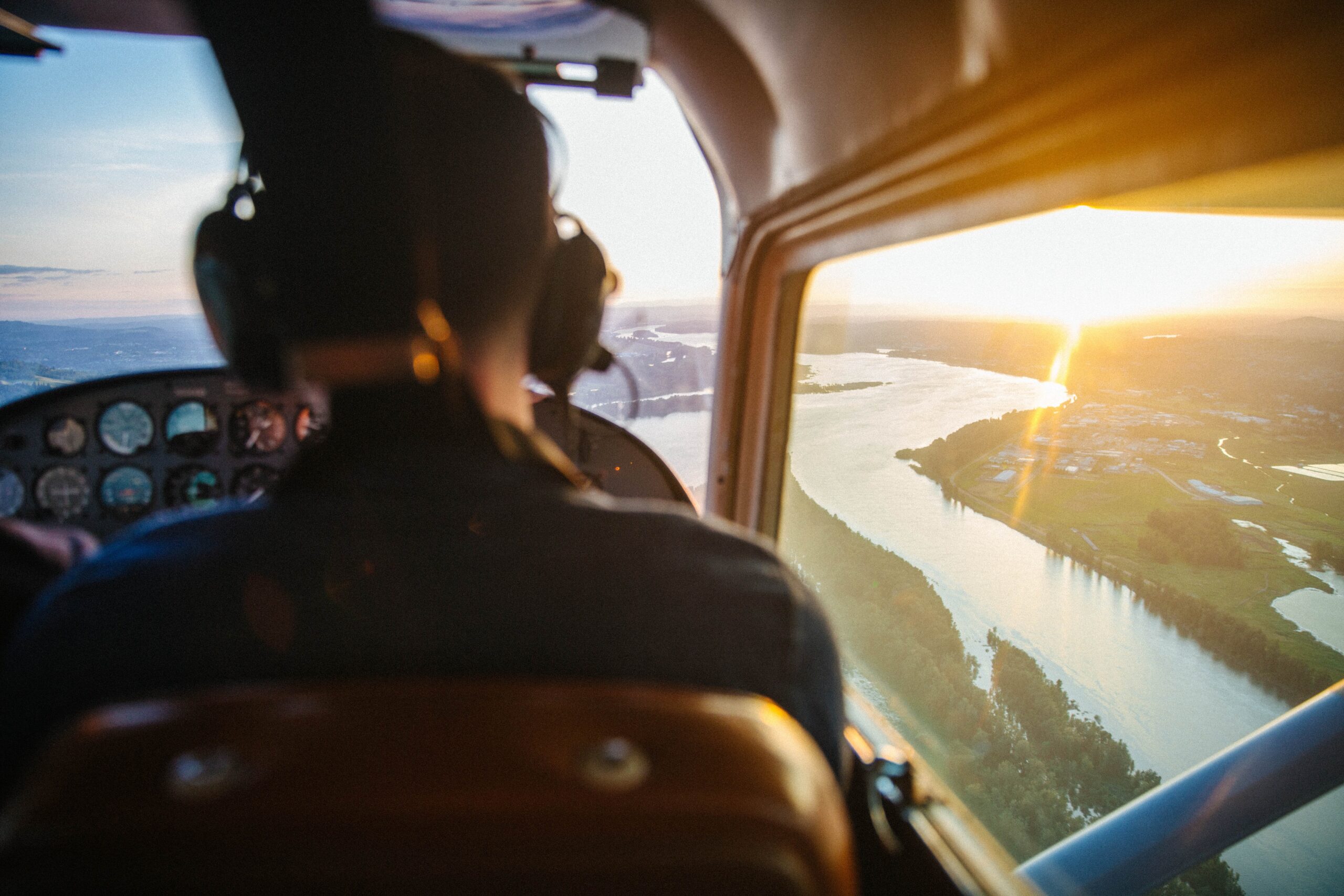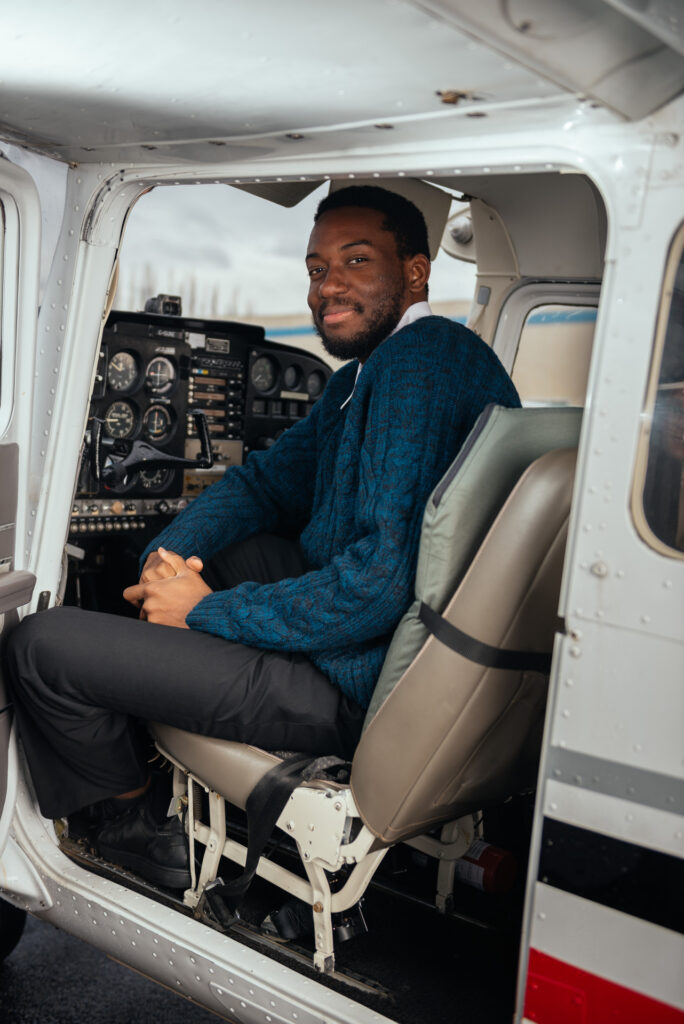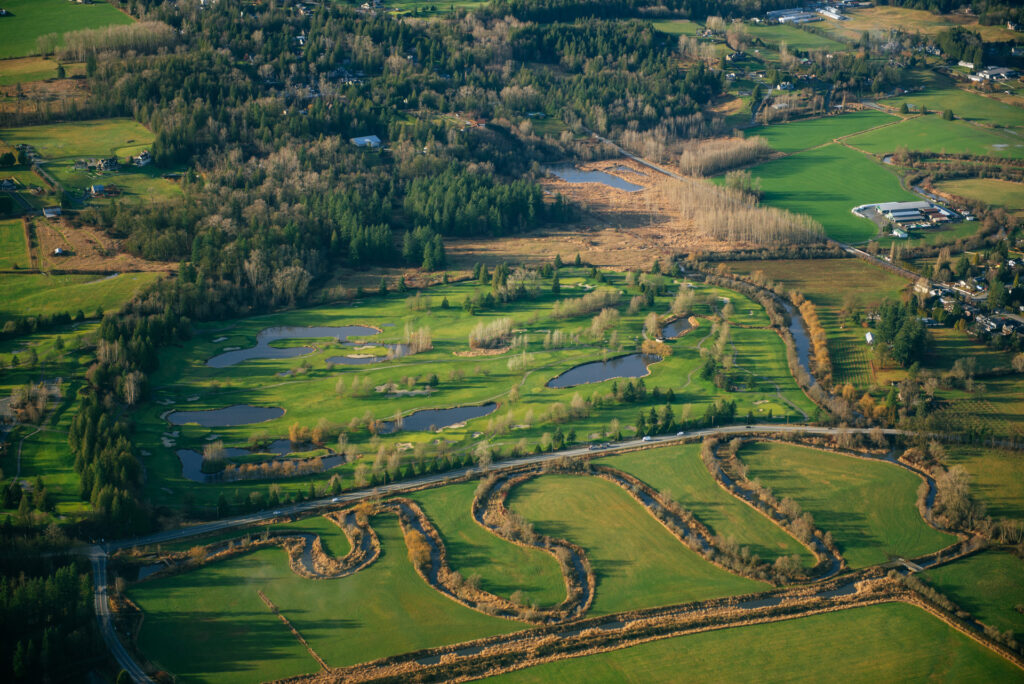- Programs
- Future Students
- Current Students
- Pay Now
- About Us
- FAQ’s
- Staff Resources
- Flight Training Operations
- Flight Safety Rules and Procedures
- Occupational Health and Safety
- Acadia College Anonymous Safety Reporting
- Instructor Qualifications
- Workplace Health and Safety Staff Notice Board
- Instructor Reference Library
- Staff Meeting Minutes
- Staff Training Records
- Quality Assurance Documents
- Programs
- Future Students
- Current Students
- Pay Now
- About Us
- FAQ’s
- Staff Resources
- Flight Training Operations
- Flight Safety Rules and Procedures
- Occupational Health and Safety
- Acadia College Anonymous Safety Reporting
- Instructor Qualifications
- Workplace Health and Safety Staff Notice Board
- Instructor Reference Library
- Staff Meeting Minutes
- Staff Training Records
- Quality Assurance Documents
Recreational Pilot Program

Successful completion of the Recreational Pilot Program at Acadia College will lead to qualification as a Recreational Pilot Permit issued by Transport Canada, as well as a Certificate of Qualification issued by Acadia College.
Recreational Pilots are permitted to fly during the day any single-engine or multi-engine aeroplane certified to carry a maximum of four persons when there is no more than one passenger on board. Recreational Pilots are also permitted to fly ultra-light aircraft. Recreational Pilots cannot fly at night, and nor can they fly outside Canadian domestic airspace.


Prerequisites
The minimum age for a Recreational Pilot Permit is sixteen years of age. The minimum age to solo practice flying under the supervision of a Flight Instructor is fourteen years of age.
Approximately 30% to 40% of Private Pilot training entails solo practice flying, where the student is the sole occupant of the aircraft under the supervision of a Flight Instructor.
To conduct a solo flight, student pilots must hold a Student Pilot Permit. Prior to obtaining a Student Pilot Permit, students must successfully complete a Transport Canada pre-solo written examination on basic flight operations, and must hold a Class 1, 3, or 4 Medical Certificate.
In accordance with requirements established by Transport Canada, all pilots—including Recreational Pilots—must demonstrate English language proficiency.
Transport Canada’s Minimum Requirements for Completion
Knowledge Requirements—Written Examination
Candidates shall have obtained a minimum of 60% in each of the following four mandatory subjects areas as well as in the overall written examination Pilot Permit – Recreational – Aeroplane (RPPAE):
Air Law—regulations, rules and orders, air traffic services, practices and procedures, and licensing requirements relevant to the licence,
Navigation—navigation, radio aids and electronic theory,
Meteorology, and
Aeronautics—General Knowledge—airframes, engines and systems, theory of flight, flight instruments and flight operations.
Transport Canada’s qualifying written examination for the Recreational Pilot Permit is conducted in accordance with the Study and Reference Guide for Written—Examinations for the Recreational Pilot Permit Aeroplane.
Note: Recreational Pilots are not required to attend groundschool classes, but these are highly recommended. We recommend you consider enrolling in the Private Pilot groundschool, and information pertaining to this is available at the following links:
Experience Requirements
An applicant shall have completed a minimum of 25 hours recreational pilot flight training under the direction and supervision of the holder of a flight instructor rating – aeroplane in aeroplanes operating with a Certificate of Airworthiness..
The flight training shall include a minimum of
- 15 hours dual instruction flight time, including a minimum of 2 hours cross-country flight time, and
- 5 hours solo flight time.
Skill Requirements
Within the 12 months preceding the date of application for the permit, an applicant shall successfully complete a flight test as pilot-in-command of an aeroplane in accordance with:
- Schedule 2 “Flight Test for the Issuance of a Recreational Pilot Permit – Aeroplane” of Standard 428 – Conduct of Flight Tests; or
- Schedule 3 “Flight Test for the Issuance of a Private Pilot Licence – Aeroplane” of Standard 428 – Conduct of Flight Tests.
Flight Safety Rules and Procedures
All Acadia College flight training operations are conducted in accordance with the Flight Safety Rules and Procedures.
Private Pilot License Estimated Cost
Estimated Course Fee Structure
Ground School
Hours: 40 hours
Total: $ 475.00
Air Instruction
Dual Flying
Hours: 17 hours @ $275.00/hour
Total: $ 4675.00
Solo Flying
Hours: 28 hours @ $205.00/hour
Total: : $ 5740.00
Ground Briefing
Hours: 10 hours @ $70.00/hour
Total: $ 700.00
Total Flight Training Costs: $10515.00
Other Fees
Application Fee for Canadian Students: $150.00
Applications Fee for International Students: $350.00
Administration Fee for International Students: $500.00
Additional Information regarding Pilot Training Costs
Importantly, training costs vary with the frequency of training and each student’s skill, and the training time required for students to meet the qualifying performance standards cannot therefore be predicted. While the above estimated costs, based on Transport Canada’s minimum requirement for a Private Pilot License (45 hours), are possible, the average completion for full time students is between 45 and 50 hours, and the average completion of part-time students is between 60 and 80 hours. All Private Pilot Students are encouraged to retain an additional $5,000 in reserve for financial planning purposes so as provide for varied rates of learning and varied levels of skill. In all cases training costs can be substantially reduced in conjunction with regular flying and effective student self-study and preparation for flights.
Prepayment of fees is not required. Students pay tuition and aircraft unitizations at the conclusion of training flights, and pay groundschool tuition at the beginning of the session.
All flight schools in the Province British Columbia are required by law to charge the Provincial Sales Tax (7%) to all dual training flights, and they must charge both the PST and the GST (5%) to all solo training flights. Books and pilot supplies are charged both GST and PST. Visa, MasterCard, American Express, and Debit Cards are accepted, but there is a 3% surcharge on credit card payments.
Effective January 1, 2023, the aircraft utilization rates for Acadia College students are as follows:
Cessna 152: $194 per hour
Cessna 172: $220 per hour
Importantly, Acadia College DOES NOT APPLY A “FUEL SURCHARGE”. Owing to fluctuational fuel costs, aircraft utilization rates for students is subject to change without notice.
For additional information on pilot training costs, contact the Chief Flying Instructor.
Get in touch
Surrey Campus (Academic)
217 - 9801 King George Boulevard,
Surrey, BC V3T 5H5
1(778)-722-2342
Enquiries : info@acadiacollege.ca
Get Direction
Langley Campus (Aviation)
#5-5333 216 street
Langley Airport,
Langley BC V2Y 2N3
1(604)-795-2220
Enquiries : aviation@acadiacollege.ca
Get Direction
Copyright © 2023 - Acadia College. All rights reserved.



